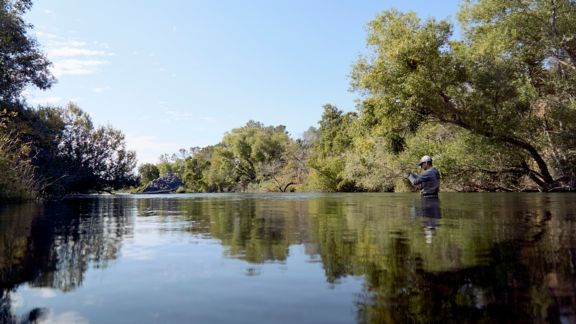America at a Cultural Crossroads

Problem
America faces a crisis of social cohesion that threatens the fabric of democratic society.
Following the COVID-19 pandemic and during an era of intense political division, critical questions emerge about American social resilience. Do citizens maintain trust in each other when confidence in institutions has declined? What happens to community bonds when local gathering spaces—neighborhood coffee shops, parks, and community hubs—become less central to daily life? The American Enterprise Institute (AEI) recognized that understanding these social dynamics requires comprehensive, nationally representative data to inform policy responses and civic engagement strategies. Without this evidence base, policymakers and civic leaders lack the insights needed to understand social isolation, institutional mistrust, and cultural fragmentation that increasingly characterize contemporary American life.
Solution
NORC designed a comprehensive national study examining the intersection of political attitudes, social connection, and community engagement across American society.
Collaborating with AEI’s Survey Center on American Life, we developed a methodologically sophisticated approach using our AmeriSpeak® Panel—a probability-based panel covering over 97 percent of U.S. households. This 6,061-respondent study combined online self-administered surveys with live telephone interviews to capture nuanced perspectives on social trust, political attitudes, and community belonging.
The survey instrument measured not only political attitudes but also the characteristics of Americans’ social networks, their engagement with shared community spaces, patterns of interpersonal connection and physical affection, and their attitudes toward trusting strangers. Professional Spanish-language translation and validation ensured cultural responsiveness across all demographic groups.
The study’s innovative design enabled AEI’s researchers to analyze individual social experiences—such as frequency of visiting local community spaces or receiving interpersonal support—and broader civic attitudes, providing insights into how Americans view personal relationships and community connections, the political and social world around them, and notions of social trust.
Result
The study reveals a nation experiencing both fragmentation and resilience, with shifting opinions on the political and social world around them.
Political Environment: Our survey documented widespread dissatisfaction with both major political parties, with nearly one-quarter of Americans expressing negative views of both Democrats and Republicans—more than double historical rates. Yet Americans retain optimism about their fellow citizens, with majorities expressing confidence that Americans will help those in need and follow laws.
Social Infrastructure Crisis: The data reveal the decline of community gathering spaces in American life. Just over half of Americans now regularly visit local community spaces like coffee shops, parks, or restaurants—a sharp decrease from pre-pandemic levels. This erosion of shared spaces correlates with reduced community connection and social trust, with Americans who regularly encounter acquaintances at local venues significantly more likely to feel connected to their neighborhoods.
Cultural Transformation: The study captured major shifts in American cultural attitudes. Support for immigration enforcement policies has increased substantially since 2016, while majority opinion now holds that sufficient progress has been made on LGBTQ+ equality—a significant change from previous years when public opinion was evenly divided.
The study demonstrates NORC’s capacity to partner with a wide variety of organizations to generate intelligence on America’s most pressing social challenges, combining methodological excellence with social and political relevance for clients seeking to understand and influence the forces shaping American society.
Related Tags
Project Leads
-
Jennifer Benz
Senior Vice PresidentPrincipal Investigator -
Lindsey Witt-Swanson
Senior Research DirectorProject Director -
Dan Costanzo
Director, AmeriSpeak Business Development









